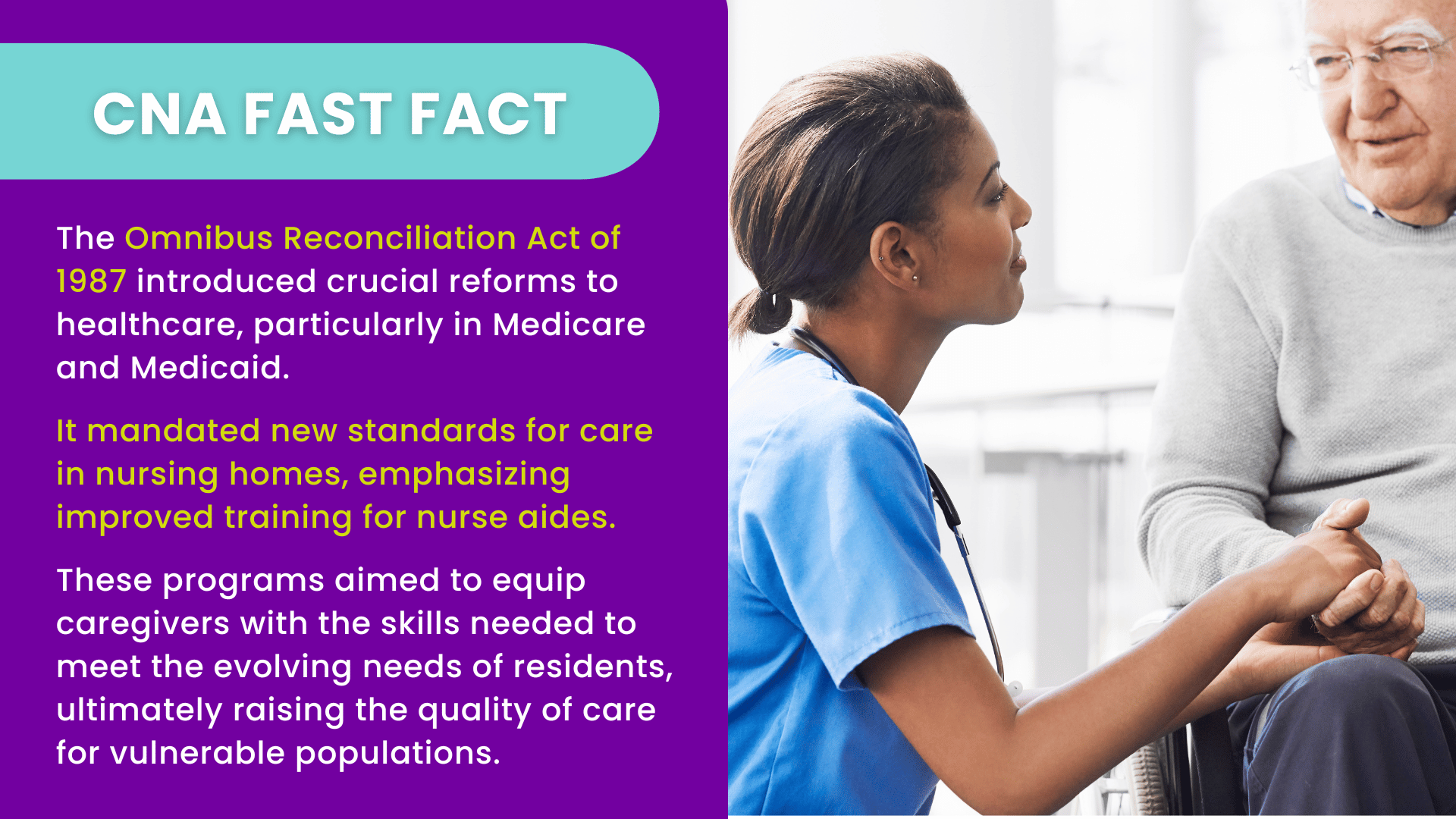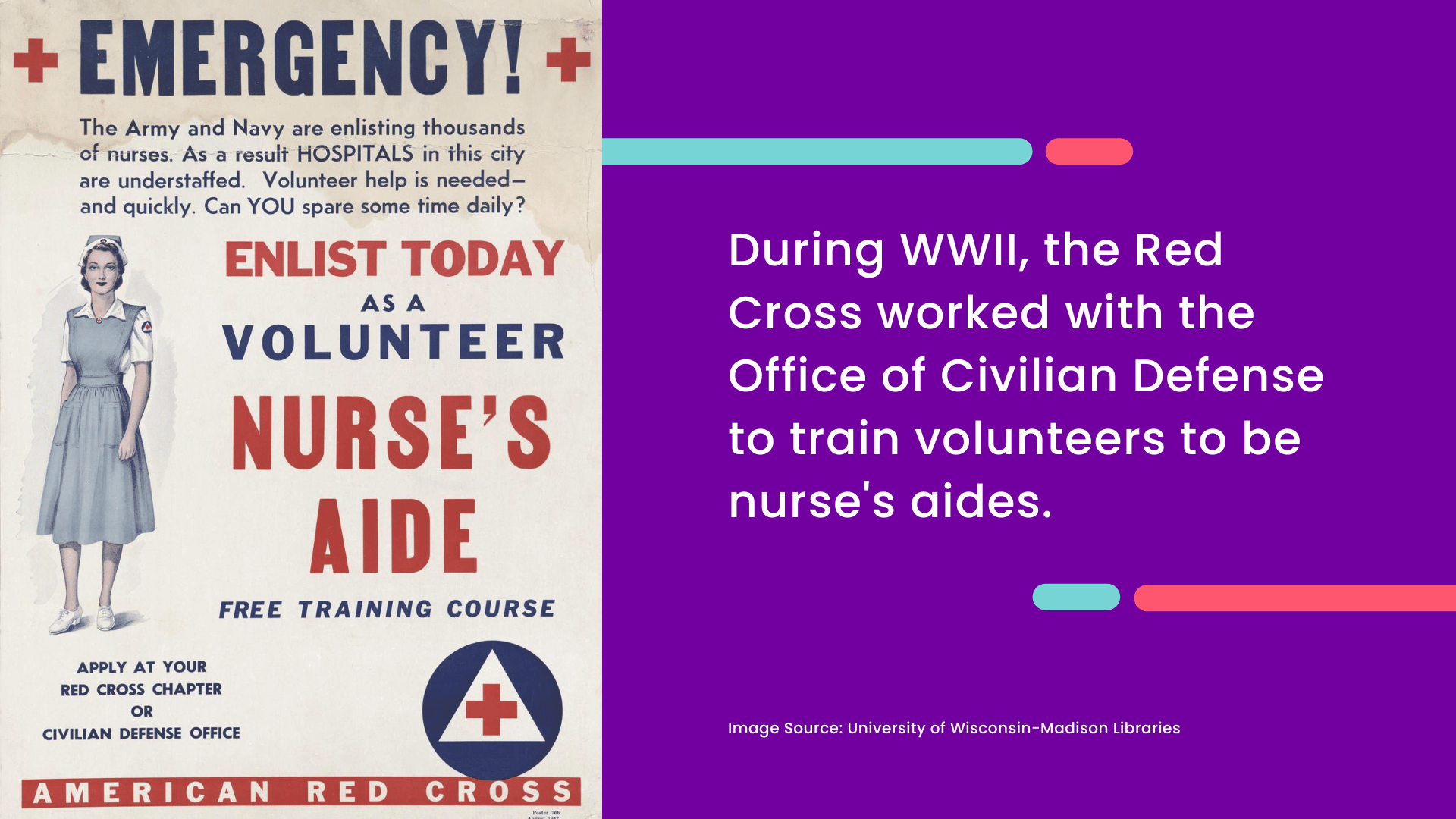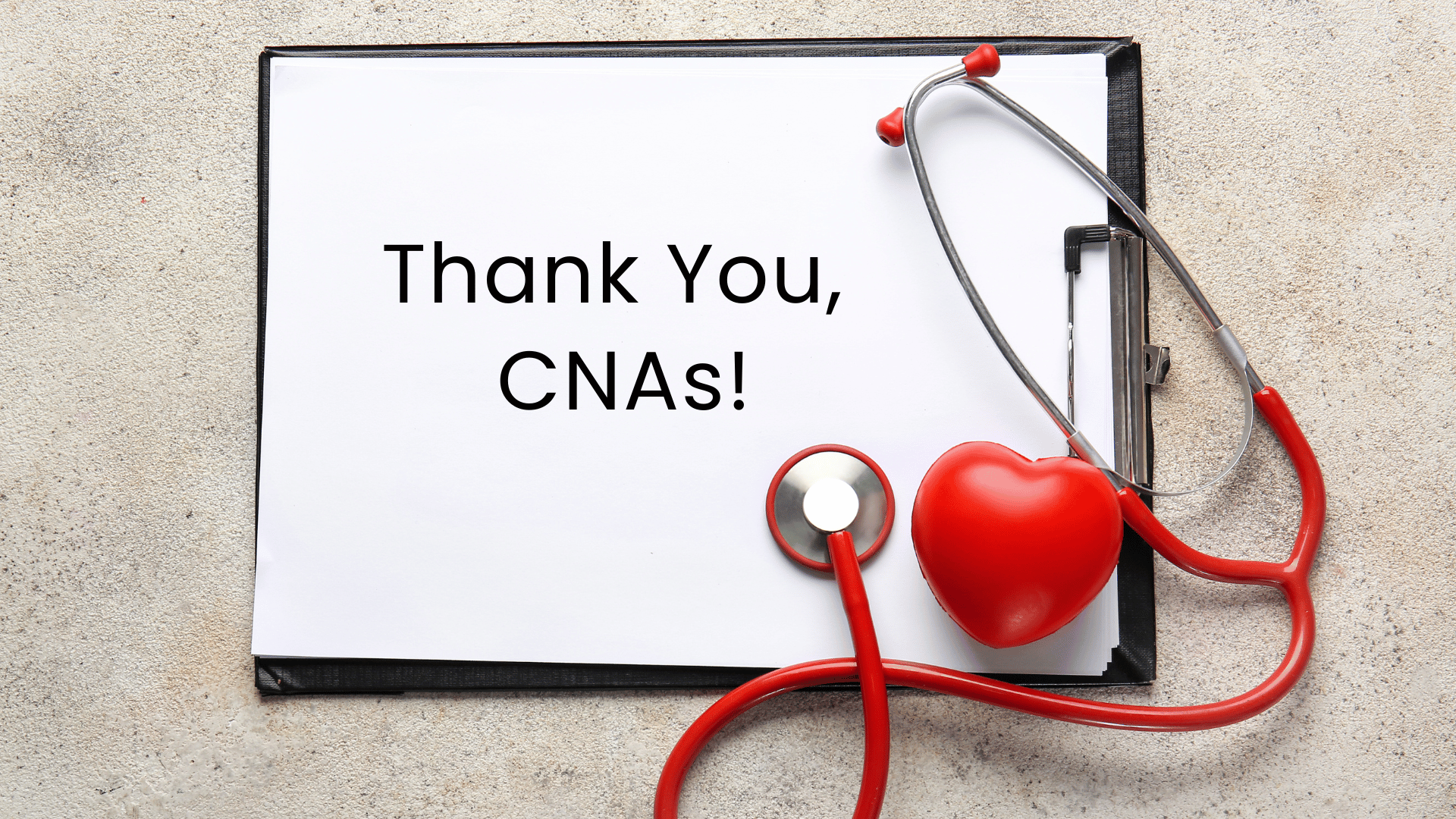
National Certified Nursing Assistant (CNA) Week, which kicks off on the Thursday of the second full week of June, is an annual tribute to the dedicated individuals who form the backbone of our healthcare system. So, as we approach CNA Week 2024, we must recognize their tireless efforts and unwavering commitment.
In this post, we delve into the significance of celebrating CNA Week, explore ways to honor these healthcare heroes, highlight their invaluable contributions, and reflect on the rich history of the CNA profession. Join us in acknowledging and appreciating the CNAs' vital role in shaping the country's healthcare landscape.
5 Ways to Celebrate CNA Week 2024
CNA Week 2024 kicks off on Thursday, June 13, with National Career Nurse Assistants Day and ends on Wednesday, June 19. So, what's an excellent way to honor these healthcare professionals' hard work and dedication? Whether you're an employer or an individual, you might consider these five ideas:
Write handwritten thank you notes that express your gratitude for their hard work.
Create gift baskets filled with snacks, chocolates, hand lotions, candles, and gift cards.
Consider personalized gifts such as embroidered tote bags or custom mugs.
Recognize CNAs on social media by sharing heartfelt messages of appreciation.
Treat CNAs to a free meal by having food delivered to their place of work.
Fast Facts for National CNA Week
National CNA Week has been observed for seven days in June since 1977.
Nursing assistants weren't required to have a formal education before 1987.
Nearly 1.4 million CNAs work in the United States, as of May 2023.
The median distance walked during a 10-hour nursing shift is three miles.

5 Reasons CNAs Deserve Appreciation
CNAs play a pivotal role in patient care and well-being. So, it's disheartening when their vital contributions are overshadowed by LPNs and RNs simply because they don't diagnose medical conditions or prescribe medications. But let's face it, even nurses need heroes, and that's what the CNA profession is all about.
Here are five reasons nursing assistants deserve recognition, respect, and appreciation during CNA Week—and throughout the year:
CNAs are the compassionate faces that patients rely on for comfort, dignity, and reassurance during vulnerable moments
CNAs play a critical role in maintaining a safe patient environment by ensuring proper hygiene, assisting with mobility, and adhering to infection control protocols.
CNAs apply keen observation skills to help detect subtle changes in patient conditions, allowing for early intervention and preventing potential complications.
CNAs collaborate closely with nurses and other healthcare professionals, forming a cohesive team that delivers the highest quality care.
CNA work is physically demanding and involves lifting and moving patients, standing for long periods, and performing repetitive tasks.
“I love being the backbone of the nurse. There are things [CNAs] do that make their jobs easier, and I enjoy that. It sometimes comes with long hours and stress, but I signed up for this, and I love it.” —Monique P., ShiftMed CNA
CNA Thank-You Notes to Self
We asked ShiftMed CNAs, STNAs, and GNAs to write thank-you notes to themselves for going above and beyond the call of duty. Here's what they had to say:



"The tremendous contributions and tireless efforts ShiftMed CNAs make in caring for patients at the bedside to improve their lives do not go unnoticed. Your impact on the healthcare industry is immeasurable. Thank YOU for all that you do!" —Brittany Williamson, RN, ShiftMed Director of Nursing

History of the CNA Profession
While the CNA role has evolved, influenced by changes in healthcare practices, workforce demands, and advancements in education and training, the profession traces back to the early 20th century. Here's a little CNA history for you:
During World War I in 1909, the Red Cross Nursing Service dispatched 23,822 nurses to aid the U.S. military, with 19,931 serving abroad. Facing a shortage at home, the Red Cross trained nurse's aides to support the war effort. In 1918, these nurses and aides were critical in combating the influenza pandemic.
Then, with the start of World War II in 1939, the influx of nurses into military service led to a shortage in civilian hospitals. The Red Cross collaborated with the Office of Civilian Defense to address the deficit, training volunteers as nurses' aides through the Volunteer Nurses' Aide Corps. By 1945, 212,000 volunteers had contributed 42 million hours of service, helping alleviate the strain on civilian healthcare facilities.
ShifMed, in partnership with NAHCA, offers free CNA training and certification program. Accessible via the National Institute of CNA Excellence (NICE) training platform, the program blends online coursework with hands-on experience.

Thank You, CNAs!
National CNA Week is a significant reminder to honor the invaluable contributions of certified nursing assistants to our healthcare system. From their pivotal role in patient care to their dedication to maintaining a safe and nurturing environment, CNAs embody compassion, professionalism, and resilience.
Throughout history, CNAs have stood as pillars of support during times of crisis, from aiding the military in World War I to combating the influenza pandemic. Their unwavering commitment to serving others has solidified their place as essential healthcare workforce members.
As we celebrate National CNA Week 2024, it's crucial to recognize and appreciate the tireless efforts of these healthcare heroes. Whether through handwritten notes, thoughtful gifts, or social media acknowledgments, expressing gratitude for their hard work uplifts their spirits and acknowledges their vital role in patient care.